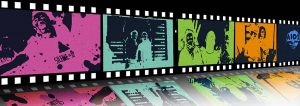
By: Jennifer McMillen Smith, LISW-S, HIV Social Worker at MetroHealth Medical Center and medically reviewed by Ann K. Avery, MD, Infectious Disease Physician at MetroHealth Medical Center
Great books don’t need to be plugged in or have their batteries charged. But they can recharge your mind and fire up your spirit.
So, in honor of back-to-school season, let’s talk about books — those about HIV in particular.
When you’re living with HIV, reading about other people’s experiences makes it easier to handle it on your own. These six books are must-reads for people living with HIV (we’ve added links to readers’ reviews on the website Goodreads.com so you can see what folks think about them):
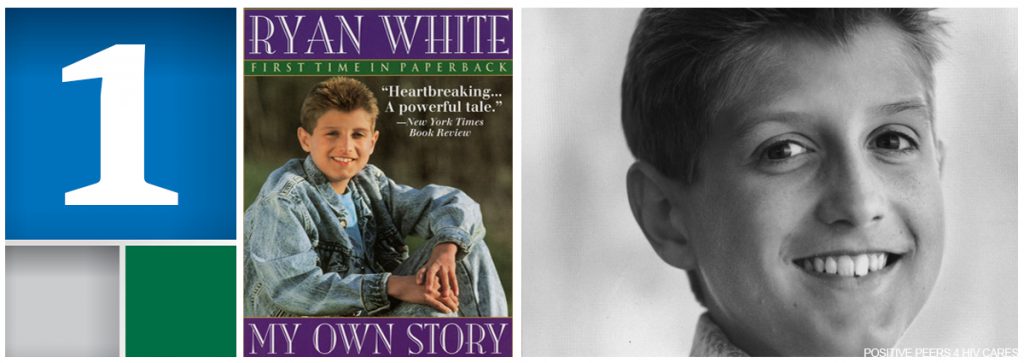
1. Ryan White: My Own Story
Get the whole story on a teen hero of the early days of AIDS. Ryan was living in Indiana when he contracted HIV from contaminated blood. His story of overcoming prejudice and fighting for the right to attend public school inspired the nation. When he tested positive for HIV at age 13 in 1984, doctors said he had six months to live. He proved them wrong, living until 1990, when he passed away at the age 18 from complications related to AIDS. The federally funded Ryan White HIV/AIDs Care Act, which provides HIV meds to people who cannot afford them, is named in his honor. | Readers’ reviews
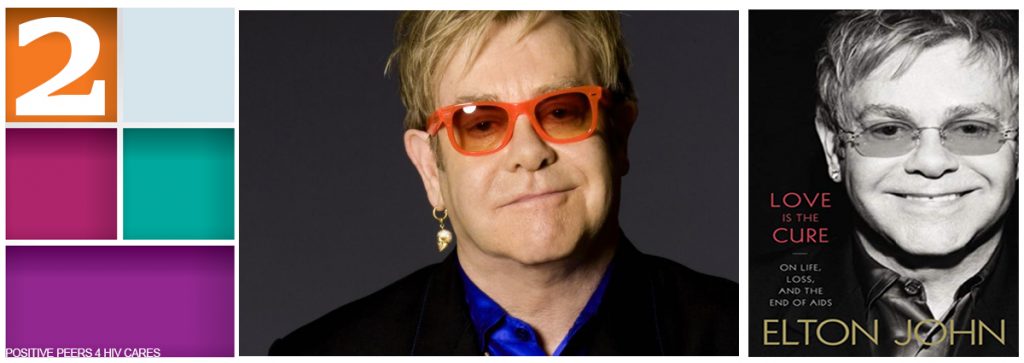
2. Love is the Cure: On Life, Loss, and the End of AIDS
Elton John has been one of the most famous entertainers of the past 40 years. He also is a gay man who saw too many good people die from complications related to AIDS in the early years of the epidemic. This book is a quick read that covers the most important facts about HIV and AIDS. It also talks about the Elton John AIDS Foundation, which is fighting HIV around the world. | Readers’ reviews
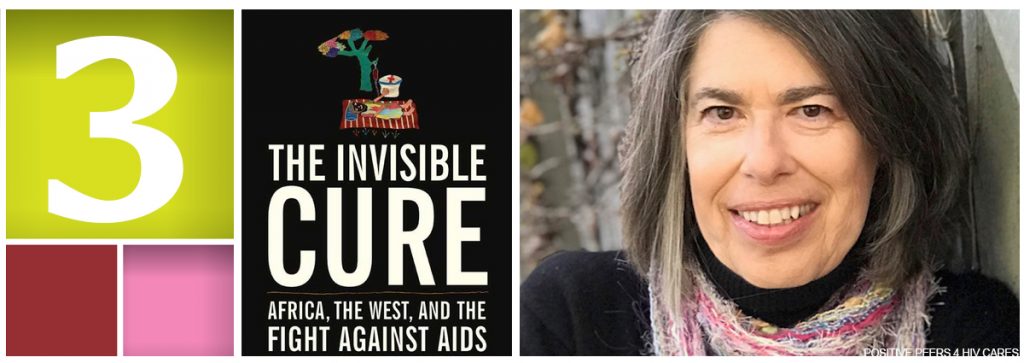
3. The Invisible Cure: Why We Are Losing the Fight Against AIDS in Africa
Helen C. Epstein, a microbiologist, talks about her real-world experience in Uganda trying to discover a vaccine for HIV. AIDS and HIV have devastated entire countries in Africa, where poverty and traditional sex roles lead a long list of challenges to fighting HIV. The experience in Africa also helps us understand the importance of doing the right things here in the U.S. — getting tested, avoiding unsafe sex, and taking HIV meds. | Readers’ reviews
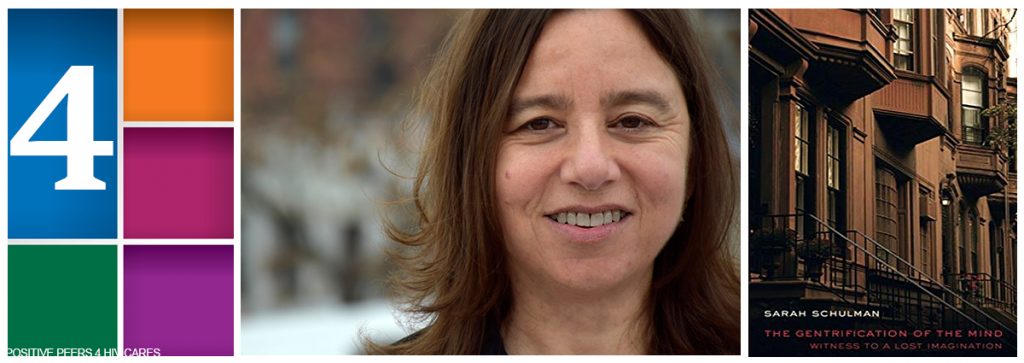
4. The Gentrification of the Mind: Witness to a Lost Imagination
Gentrification happens when people with money move into a low-income neighborhood and push out the poor people who live there. AIDS activist Sarah Schulman recounts her life on New York City’s Lower East Side, where a rebellious queer culture, cheap rents, and the downtown arts movement vanished almost overnight, due to HIV. The wealthy New Yorkers who took their place robbed the neighborhood of its character, she writes. | Readers’ reviews
Come join our private, stigma-free, supportive community.
Health management tools with medication & appointment reminders.
Social networking in a community conversation & private chats.
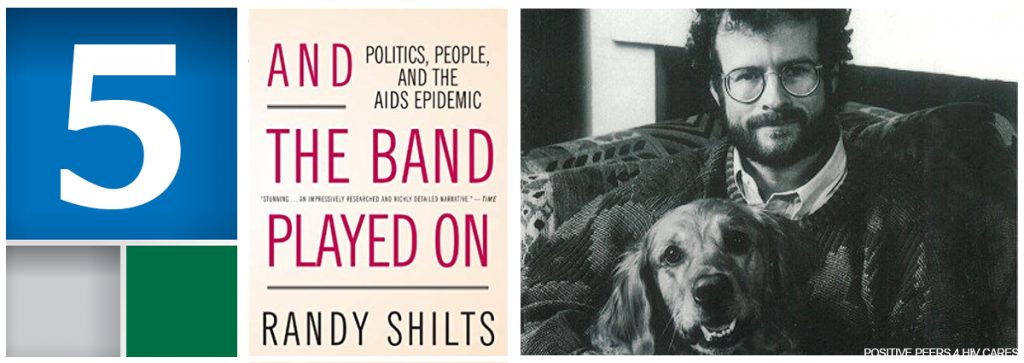
5. And the Band Played On: Politics, People, and the AIDS Epidemic
Randy Shilts, a reporter for the San Francisco Chronicle, wrote this gripping book on the earliest days of the AIDS epidemic, when young gay men started showing up in hospitals with a strange condition that was destroying their immune systems. Published in 1987, the book covers the science, activism, and politics of the earliest, scariest days of the epidemic. Shilts died from complications related to AIDS in 1994. | Readers’ reviews
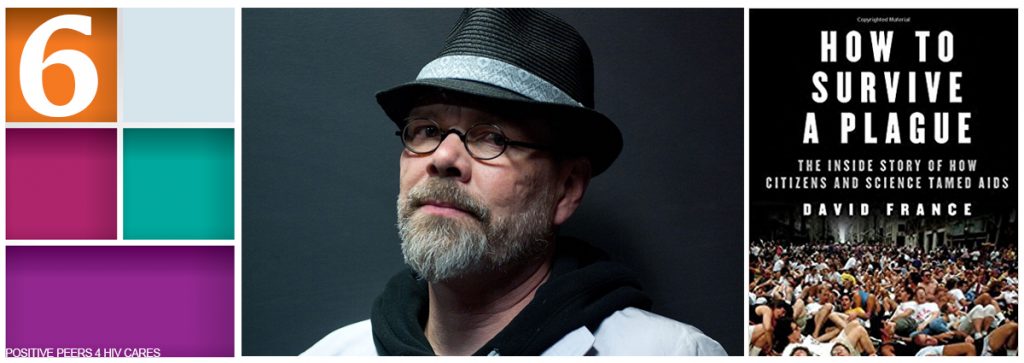
6. How to Survive a Plague: The Inside Story of How Citizens and Science Tamed AIDS
Author David France tells the story of HIV from the early 1980s to the mid-1990s, when the first effective HIV medications started arriving on the market. He zeroes in on a small group of activists who were literally fighting for their lives to get the medical establishment to pay attention to their plight. Their determination to hold politicians and scientists accountable was a game-changer for everybody living with HIV. | Readers’ reviews
You don’t have to buy the books: Borrow them
Before you march off to Amazon to buy books about HIV, see if you can find them in your local library. Here’s a list of the local branches of the Cleveland Public Library system. You can also scan the library’s catalog to see which ones are available. It’s best to stop by a local branch, get your library card, and have a librarian help you find the books you’re looking for.
Prefer to listen instead of read? Overdrive is an app that allows you to borrow audiobooks (and eBooks) from your local library for free.
These books are just a starting point. Once you start reading the literature of HIV, you can check out poetry, novels, short stories, plays, movies, and many more forms of media that tell the story of HIV. Once you know the whole story, you’ll understand why it’s so important to share it with everybody else.
Related Blogs:

